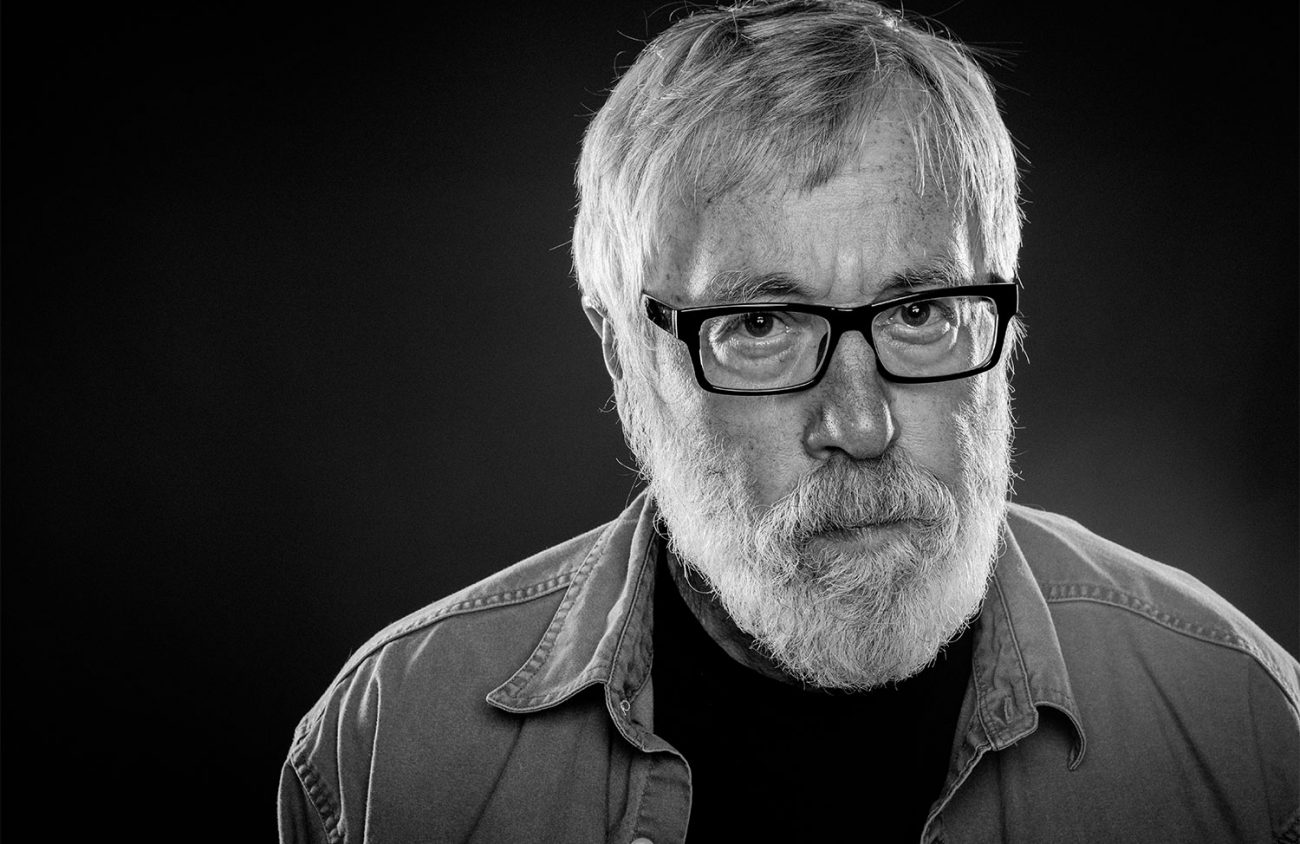Henry Allen is a fairly well-known commentator on our cultural and political ways. Among his themes or interests was putting a name to various decades, e.g., the ’80s was the Me decade. Thus, he acquired the nickname Ziggy Zeitgeist for having his finger on the spirit of the times.
In August 2013, the Wall Street Journal ran his “The Disquiet of Ziggy Zeitgeist” column, which was basically a big “WTF!” He opened with, “For the first time in my 72 years I have no idea what’s going on.” He continued to disclose his bewilderment, his being very unsettled by “the sense that reality itself is dwindling, fading like sunstruck wallpaper.”
My last column, “The Meta… What?” tried to provide some of the answers to Allen’s puzzle. The disquiet, the feeling that we are losing something very basic, comes from an ever more pronounced technological world, with the Metaverse and its totalizing agenda making it all the more plain to see. At stake is nothing less than the dematerialization of human existence.
Along with the ever-more-defining techno environment is a companion development, a more and more lonely life-world. The technosphere is prone to declaring that we have never been so connected, but the opposite is the case, a sad fact of life.
We are increasingly estranged from each other, with fewer friends, and this clearly predates the pandemic. Not to mention we are more alienated from our bodies and from the Earth. The loneliness is profound, as the social realm is more and more privatized, commodified and shrunken. Undeniably, mass society has undone community. The word community is thrown around a lot by politicians and developers, but where are the social bonds, the connectedness?
This has been a long time in the making. One milestone is David Riesman’s 1950 classic, The Lonely Crowd. In post-World War II society, the individual is guided less by internalized community values and more by anonymous signals of a changing mass culture. In 1970, Philip Slater’s The Pursuit of Loneliness discussed excessive individualism and other “forces that are pulling our society apart.” Bowling Alone was Robert Putnam’s 2000 study of the decline of clubs, lodges, sports leagues and other communal ties.
The pandemic only worsened what had long been under way. Greater isolation was exacerbated, not ameliorated, by ever increasing, ever more defining levels of technology. No wonder that in recent times so much has been written about loneliness. There has never been so much of it, evidently.
In February of this year a new psychiatric illness was officially proclaimed: “prolonged grief disorder.” In this ruined world, loneliness is accompanied by negative health effects, including earlier death, as well as affecting mental health. It is also a factor in the rise of irrational beliefs and conspiracy “theories.”
Theodor Adorno said that the single word that best typifies society is its coldness. The depth of this condition calls for a rethinking. What is society, and where is it going?
John Zerzan is a local anarchist writer whose books include Elements of Refusal and Future Primitive. You can listen live to his “AnarchyRadio” at 7 pm Tuesdays on KWVA 88.1 FM or via audio streaming.
